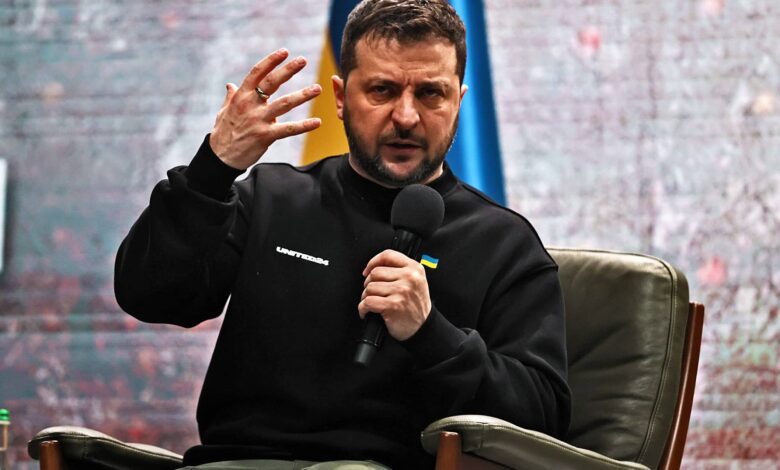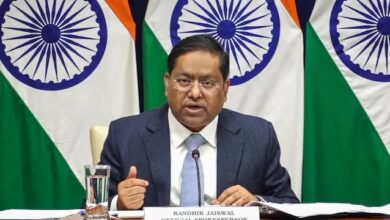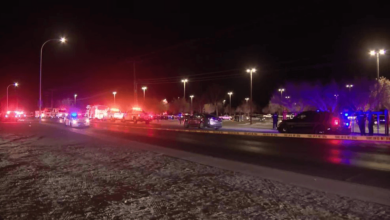
Ukraine has strongly denounced the 1994 Budapest Memorandum and reiterated its call for NATO membership as a way to guarantee its defense against aggression from Russia. The Ministry of Foreign Affairs in Kyiv issued the announcement ahead of an expected meeting by NATO that may consider possible negotiations to end the ongoing conflict with Russia.
The Budapest Memorandum, under which Ukraine gave up its status as the possessor of the world’s third-largest nuclear arsenal in return for security guarantees from Russia and the West, was being called a “monument to short-sightedness” by Ukrainian officials. As Ukraine’s Foreign Ministry said: “The only real guarantee of security for Ukraine, as well as a deterrent to further Russian aggression, is full membership in NATO.”
The criticism comes to coincide with the 30th anniversary of the agreement, which underlines the failure to give efficient security assurances to Ukraine in the 1990s-a lapse that Moscow has exploited. It underlined the need for correction of this “strategic mistake.”
As NATO foreign ministers meet in Brussels to discuss the continuing conflict, fears are growing in Kyiv of a forced negotiation-especially with Donald Trump due back in the White House. The former US President had criticized American support for Ukraine, worrying Kyiv it may well be pushed into conceding in any negotiations.
Ukraine President Volodymyr Zelenskyy slammed both the Budapest Memorandum and the Minsk agreements, made to stop hostilities following Russia’s illegal annexation of Crimea in 2014: “Enough of the Budapest Memorandum. Enough of the Minsk agreements. Twice is enough, and we can’t become for a third time the trap with these agreements.”.
All this means that, against this background, Ukraine urges NATO to finally invite it into the alliance. The statement by the Ukrainian Foreign Ministry stressed that “with the bitter experience of the Budapest Memorandum behind us, we will not accept any alternatives” to full membership. It further insisted that inviting Ukraine to join would counter Russian threats and bolster confidence in global nuclear disarmament efforts.
Urgent overtures from Ukraine notwithstanding, the NATO alliance has given scant hint that membership in the group is imminent. In meetings Friday, NATO’s secretary-general Jens Stoltenberg gave little hint of an accession by Ukraine but told reporters he was determined for the alliance to do more to help Kyiv, boosting the country’s “positions in possible negotiations with Russia”.
As the conflict enters its third year, both Ukrainian and Russian forces have suffered heavy casualties, straining resources on both sides. Russia’s military strategy has included the recruitment of fighters from North Korea, reflecting its determination to counter Ukraine’s aspirations for NATO integration, which Moscow views as a significant security threat.
On the ground, the Ukrainian military said it had repelled operations by Russian forces, including an attempt to cross the Oskil River, a key front line in the east. Ukrainian forces said they had downed 22 of 28 drones that Russia launched at critical infrastructure in western regions, part of a tactic that has become routine as Russia targets Ukraine’s energy systems during the winter months, causing widespread power outages as temperatures dip.



